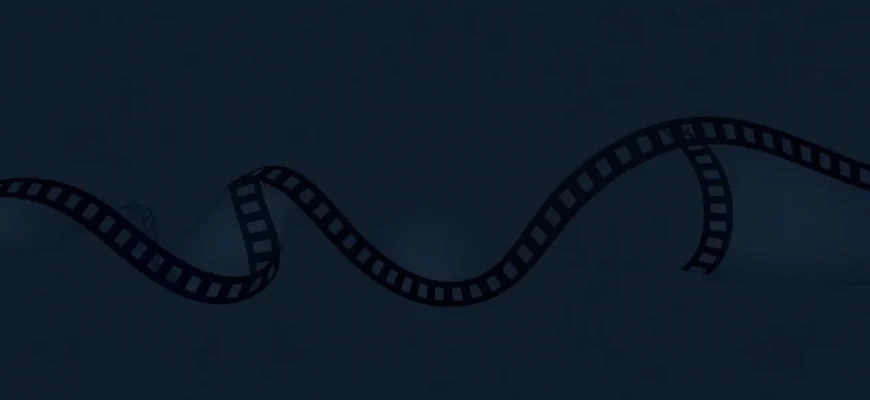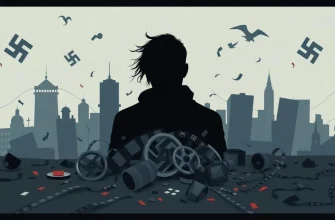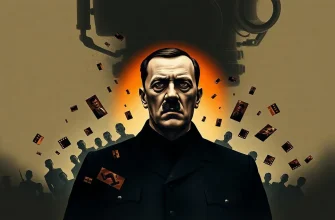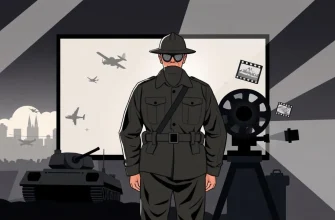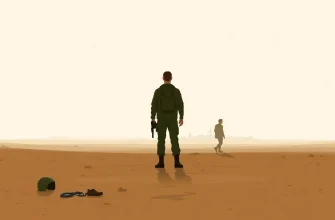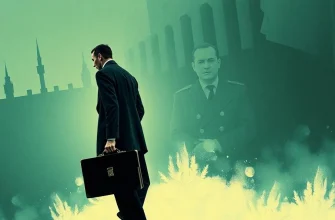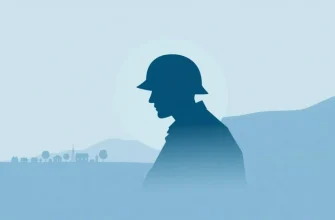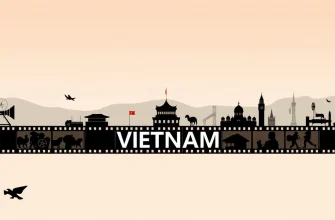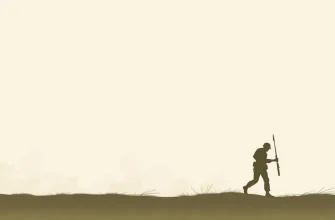This curated collection of films delves into the lives and times of individuals involved in or affected by fascism, offering viewers a profound understanding of this dark chapter in history. These biopics not only provide insight into the personal lives of key figures but also explore the broader socio-political context, making them invaluable for anyone interested in history, politics, or human psychology.

The Pianist (2002)
Description: Focused on the life of Władysław Szpilman, a Polish-Jewish pianist, this film captures the brutality of the Nazi occupation of Warsaw.
Fact: Roman Polanski, himself a Holocaust survivor, directed the film, which won the Palme d'Or at Cannes.
 Watch Now
Watch Now 
Downfall (2004)
Description: This film provides an intimate look at the last days of Adolf Hitler in his Berlin bunker, offering a chilling portrayal of the Führer's final moments.
Fact: The film was controversial for its sympathetic portrayal of Hitler's secretary, Traudl Junge, and for its use of real-life footage.
 Watch Now
Watch Now 
The Lives of Others (2006)
Description: While set in East Germany, it explores themes of surveillance and control, which are reminiscent of fascist tactics, providing a chilling look at state oppression.
Fact: The film won the Oscar for Best Foreign Language Film in
 Watch Now
Watch Now 
Sophie Scholl: The Final Days (2005)
Description: This biopic recounts the last days of Sophie Scholl, a member of the White Rose resistance group against the Nazis.
Fact: The film was critically acclaimed for its accurate portrayal of historical events.
 Watch Now
Watch Now 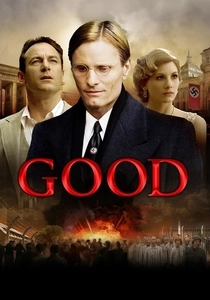
Good (2008)
Description: It follows the moral decline of a German professor who becomes entangled with the Nazi regime, illustrating the gradual acceptance of fascist ideology.
Fact: The film was adapted from C.P. Taylor's play and features Viggo Mortensen in the lead role.
 Watch Now
Watch Now 
The Book Thief (2013)
Description: Set during WWII, this film focuses on a young girl in Nazi Germany who finds solace in stealing books, offering a unique perspective on life under fascism.
Fact: The film was adapted from Markus Zusak's best-selling novel.
 Watch Now
Watch Now 
The Boy in the Striped Pyjamas (2008)
Description: This film tells the story of a young boy whose father is a commandant at a concentration camp, offering a child's perspective on the horrors of fascism.
Fact: The film was adapted from John Boyne's novel and has been praised for its poignant narrative.
 Watch Now
Watch Now 
The Reader (2008)
Description: While not exclusively about fascism, it explores the aftermath of WWII and the personal guilt of a former Nazi guard, highlighting the complexities of post-war Germany.
Fact: Kate Winslet won an Academy Award for Best Actress for her role as Hanna Schmitz.
 Watch Now
Watch Now 
The Counterfeiters (2007)
Description: This film tells the true story of Operation Bernhard, where Jewish prisoners were forced to produce counterfeit money to destabilize the Allies' economy.
Fact: It won the Academy Award for Best Foreign Language Film.
 Watch Now
Watch Now 
The Damned (1969)
Description: Directed by Luchino Visconti, this film explores the moral decay of a German industrialist family as they align with the Nazis, reflecting the rise of fascism.
Fact: The film was controversial for its depiction of incest and the portrayal of the Nazi regime.
 30 Days Free
30 Days Free 
